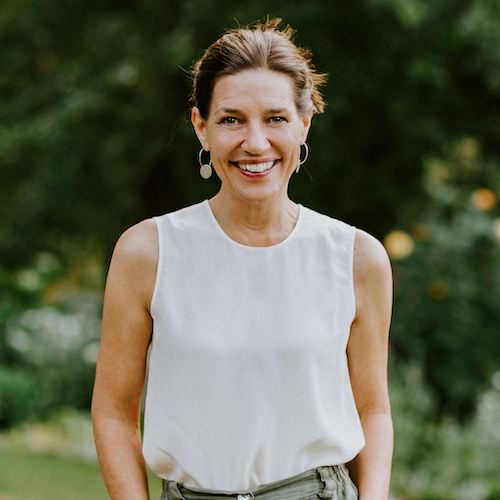
“It’s all a matter of paying attention, being awake in the present moment, and not expecting a huge payoff. The magic in this world seems to work in whispers and small kindnesses.” Charles de Lint
Most people I know wear busyness as a badge of honour – an outward sign of success. I’m guilty of this too sometimes but I have learnt that it’s imperative to make time to reflect on whether my busyness involves activities that are making me truly happy and whether in fact, I need to keep being so busy at all.
When we are constantly ‘doing’ and don’t make time to pause, we think, speak and act in habitual ways. We don’t question our thoughts, we don’t modify our language and we don’t change our action steps. We just operate on remote control.
It’s only when we make the decision to slow down and live more mindfully that we start to become curious about observing and maybe even challenging our repetitive patterns. Only then do we become more intentional in the thoughts, language and actions we choose.
This is the beginning of creating change in our lives.
When I first started meditating, I thought of meditation as a tool to create calm. I didn’t know how much it would change my life in other ways too. There’s no doubt meditation brings peace, but it also raises awareness; as you sit quietly, you have time to really see yourself.
It’s from this place that you can ask: Are my thoughts serving me? Is my language open and positive? Are my actions moving me in a direction that is right for me?
When we first start raising awareness, there’s a tendency to be hard on ourselves and this is where one of the most important principles of mindfulness comes in – the principle of non-judging.
Watch your thoughts and behaviours from the place of a friendly observer. Be curious and open-minded about what goes on inside your mind. Say to yourself “that’s interesting” and don’t judge.
Remind yourself there’s nothing wrong when you have a negative thought – instead it’s an opportunity to reflect on whether these thoughts are relevant and helpful.
The following activities will help you to become more aware of your thoughts.
Awareness exercises to try this week
- When you wake, spend five minutes just focusing your awareness on your breath. Notice any thoughts that pop into your head and remember not to judge those thoughts, just be open and curious. This practice will also help you to become aware of your thoughts throughout the day.
- Make a note in your journal of any repetitive negative thoughts that come up. Don’t try to force them away initially, just sit with them and be interested to learn about them.
- Watch for the tendency to escalate negative thinking. Instead, learn to just stay with the first thought and be interested in where it has come from and whether in fact it’s still relevant in your life.
Next month I’ll give you some tips to change unhelpful negative thinking.

